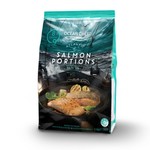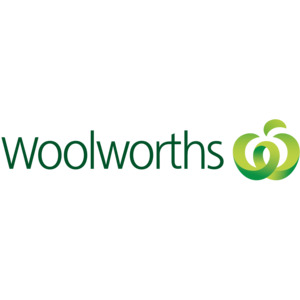Pretty good deal, start on Wed 29.
- Ocean Chef Salmon Portions Skin On
- Ocean Chef Salmon Portions Mediterranean Style
- Ocean Chef Salmon Lemon Pepper
Mod edit: Make sure you activate the 5x points Woolworths Rewards promo before you go, if you haven't already.




Hey mate, Wednesday is the 29th